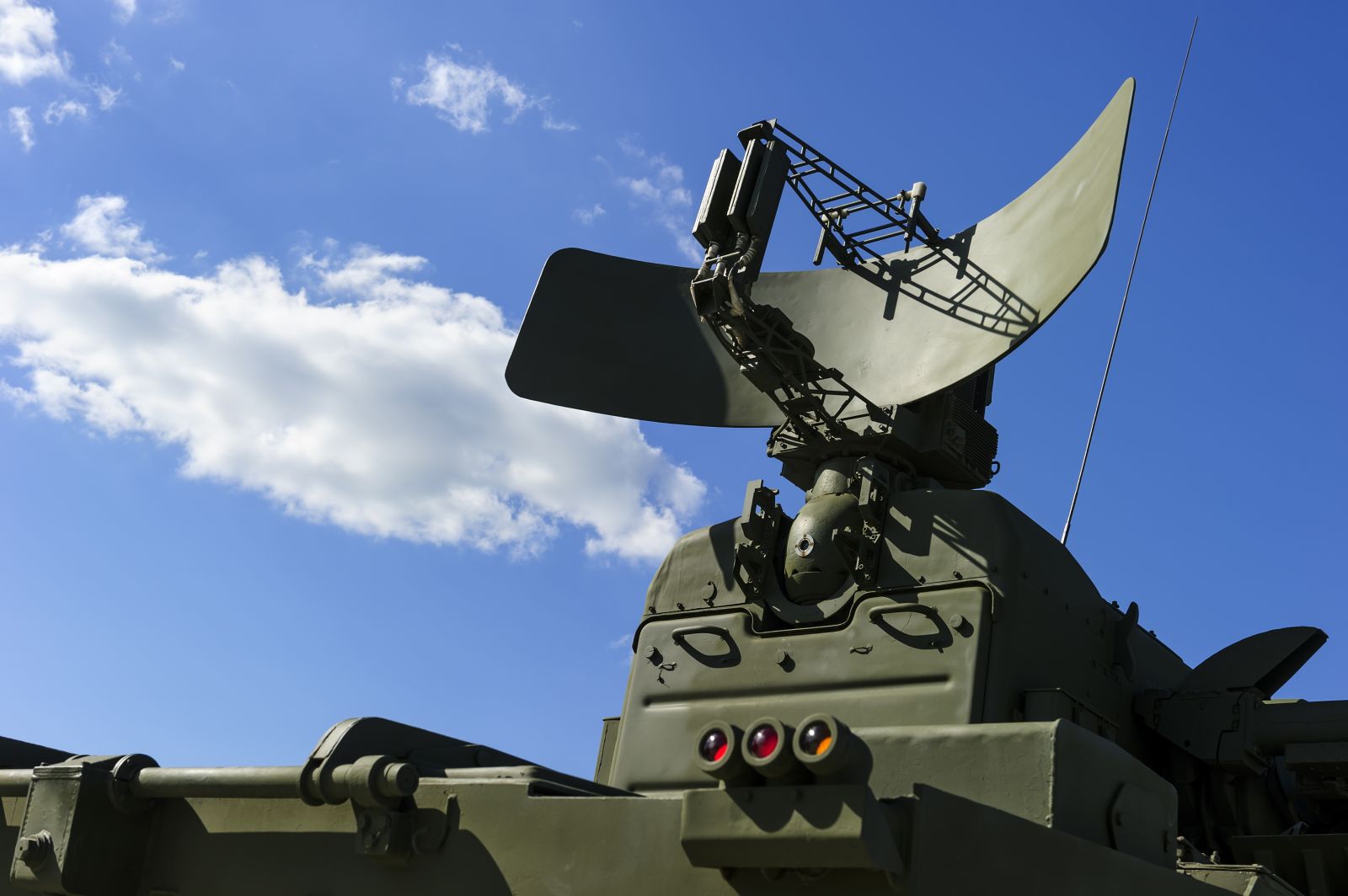
Geopolitical headlines continue to dominate investors' attention, as the Gaza Strip remains under heavy siege and authorities in Ukraine reported “massive artillery shelling” as part of its ongoing conflict with Russia. While investing in defense stocks may not offer the same “multi-bagger” return potential as artificial intelligence (AI) stocks, the latest round of international saber-rattling has drawn a new wave of investor interest to the space.
For investors looking to add some defense exposure to their portfolios, here's a look at two well-established names in the sector that are worth considering at current levels.
Lockheed Martin
With a market cap of $110.37 billion, Lockheed Martin (LMT) is the largest defense contractor in the world. The stock has slipped 6.3% on a year-to-date basis, underperforming a gain of 14.3% for the S&P 500 Index ($SPX). However, in the last month, LMT has outpaced its parent index by rising 2.9%.

Income investors should note that LMT offers a dividend yield of 2.70%, backed by two decades of growth - and supported by a sustainable 43% payout ratio.
In its latest quarterly results, Lockheed Martin reported adjusted EPS of $0.13 on revenue of $16.88 billion, which beat analysts' expectations on both counts. Based on consensus estimates for fiscal year 2024, LMT is currently priced at a reasonable 16.65x earnings and 1.61x sales.
The average 12-month price target for LMT is $482.88, which implies expected upside of more than 8% from current levels. However, the Street-high target of $550 - maintained by analysts at Deutsche Bank, Susquehanna, and Seaport Global - is 23% north of LMT's current price.
The Boeing Company
The Boeing Company (BA) is a giant in the realm of aerospace and defense, though its government contract “wins” haven't always translated to financial gains - as with its costly Air Force One project. However, with a market cap of $118.97 billion, BA is even bigger than LMT, and has a solid civilian customer base to add some diversity to its portfolio.
BA has been volatile lately - but the stock is up more than 7% in the past month, bringing the shares back into the green for 2023.

In its most recent earnings report, BA missed on both top- and bottom-line expectations. However, the company reaffirmed its longer-term financial targets for free cash flow, and analysts remain upbeat.
Looking ahead, BA is expected to grow revenue by 13.2%, which is well above the sector median. Wall Street expects the aerospace giant to be profitable again in the next fiscal year, with an average EPS of $3.46 projected for FY 2024.
And out of the 16 analysts tracking BA, 13 of them call the stock a “strong buy,” compared to only three “holds.” Plus, the average 12-month price target of $245.06 implies expected upside of about 20% from current levels.








